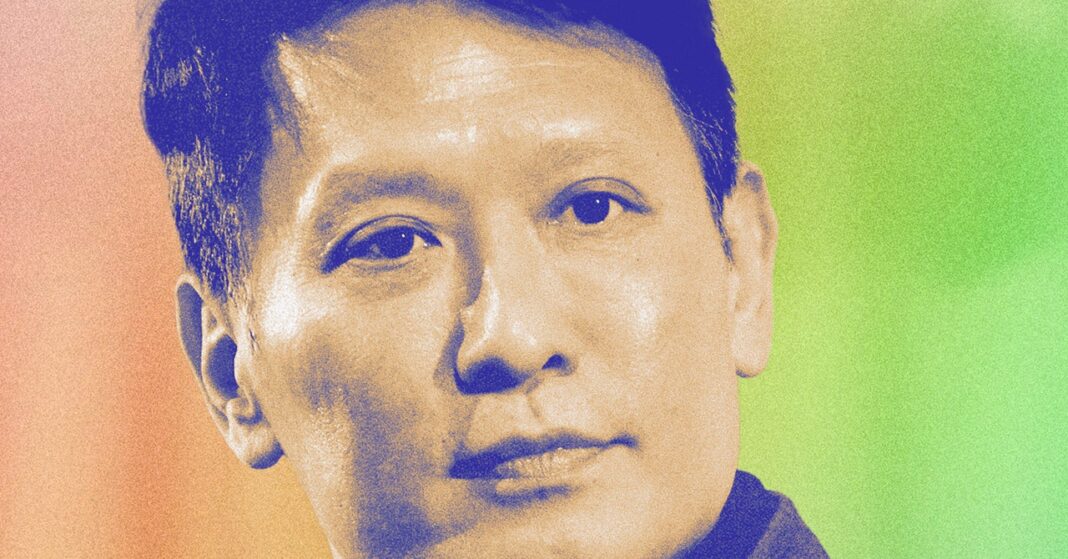But do you expect to find it difficult to bring about a new era at Binance when the founder—who is synonymous with the company—remains the largest shareholder?
We are very clear in terms of what we are trying to build: a best-in-class, sustainable and global platform. Again, I work very closely with the senior management and board of directors on that front.
How would you like people to think about the difference between the CZ era and the Richard Teng era?
CZ started building the company in 2017, when the landscape was totally different: no institutions were embracing this, and there were no rules and regulations. It was a very, very different environment.
When I took over, we had to adapt the company to the new environment—one that is going to be much more compliant in nature. There is going to be much more regulatory clarity, even though there will be inconsistency and a lack of harmonization [between jurisdictions.]
We have invested very heavily into our compliance program. We are now the most regulated exchange globally, with twenty-one different regulatory approvals. This is the path forward.
What particular changes have you implemented to ensure that the kinds of things that have landed Binance in trouble in the past—that led CZ to serve jail time—cannot recur at the company?
Last year, I believe we held close to one hundred different courses and programs for law enforcement agencies about investigation techniques. Crypto is a traceable technology. We want to highlight the ways to use this technology to deter, detect and prevent bad actors in the space.
We want to work very closely with our competitors and law enforcement agencies globally to make sure that we have a sustainable future and can keep out all these illicit financial crimes.
Under the settlement with the US Department of Justice, Binance has to submit to oversight by external bodies. What does that look like from a practical perspective?
We have two sets of external monitors: one appointed by the DOJ and one by the Financial Crimes Enforcement Network. We work closely with both sets.
Our interests are aligned: to make sure that we invest in and enhance our compliance program. If there are any blind spots that we don’t pick up, the compliance monitors are there to help. They go through what we have, ask for data, and make recommendations on areas that we need to improve upon.
To me, it’s very useful, because it’s not just us beating our chest, but having an independent lens to say we are doing all the right things.
In the past, Binance has cast itself as a global company without headquarters. How has that changed under your leadership?
This is something that we are paying a lot of attention to. As we get regulated globally, the two fundamental things that regulators will ask is for a board of directors—which we appointed—and a global headquarters.
The deliberations [over the location of a global headquarters] are necessarily complex, with multiple factors: whether we can base our talent in that country, what is the regulatory framework, and so on. But we are in deep discussion with several jurisdictions.



